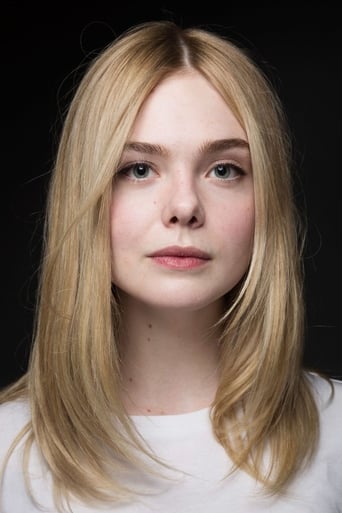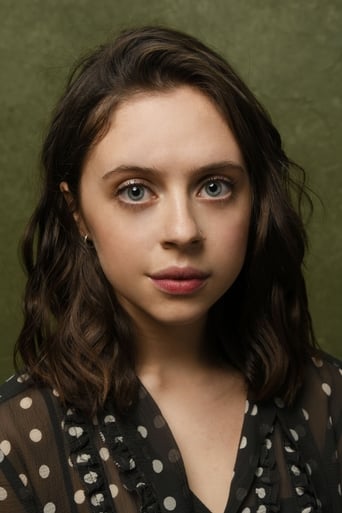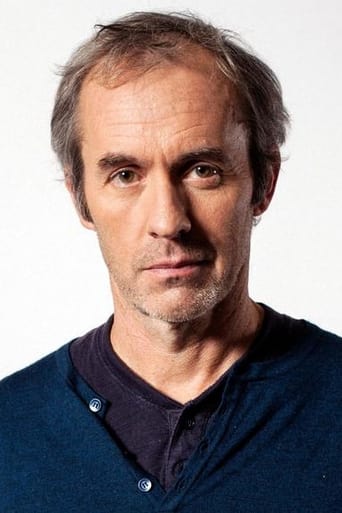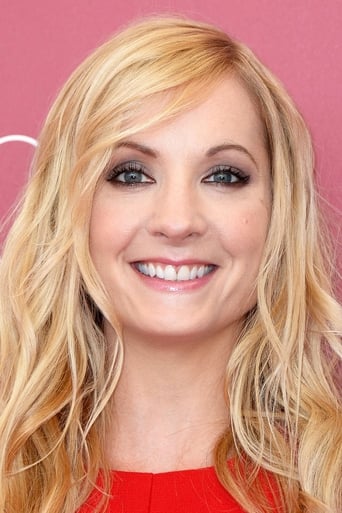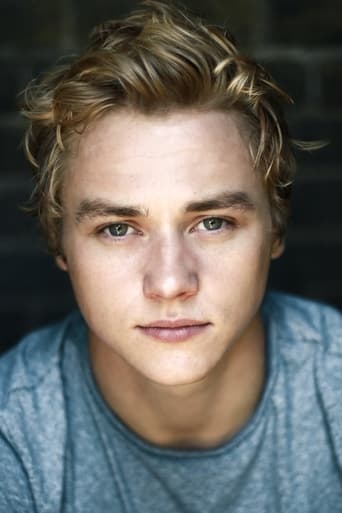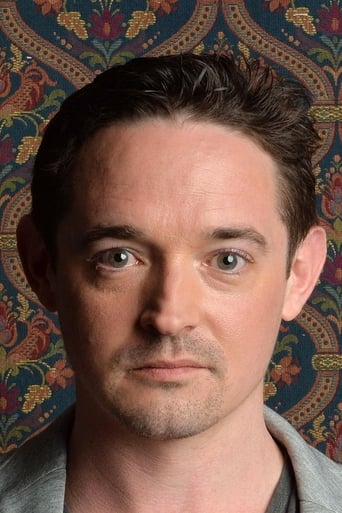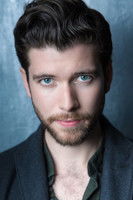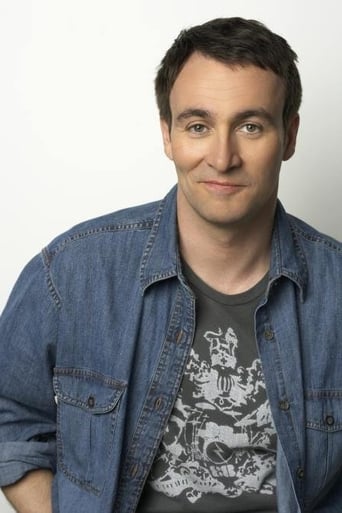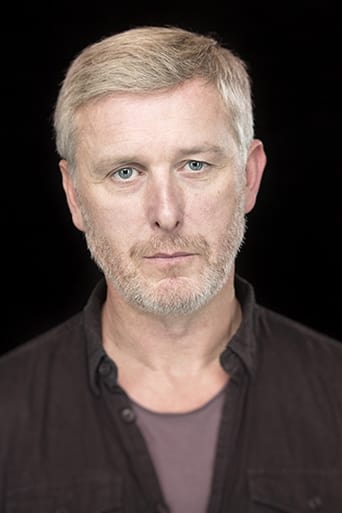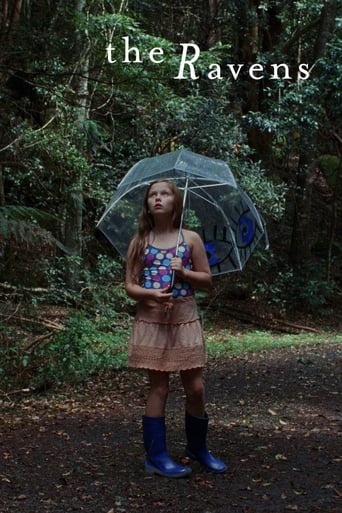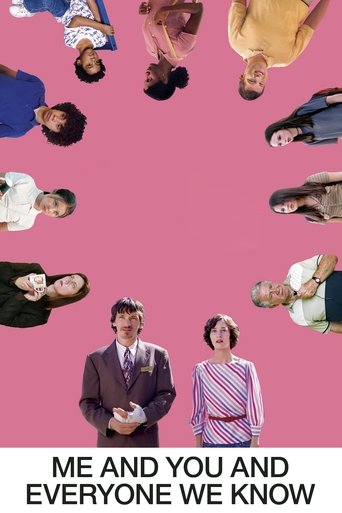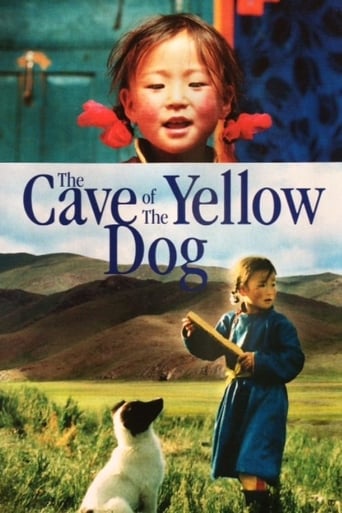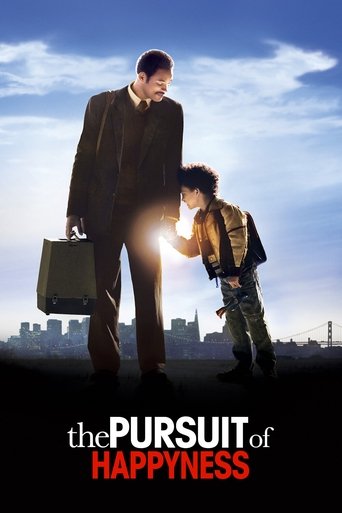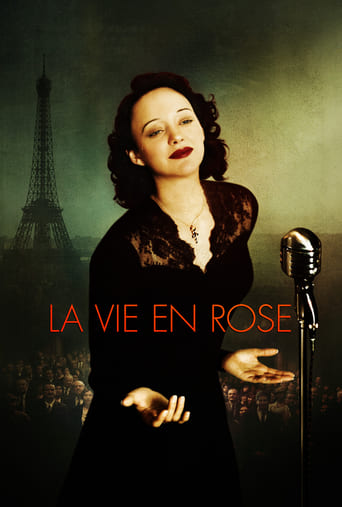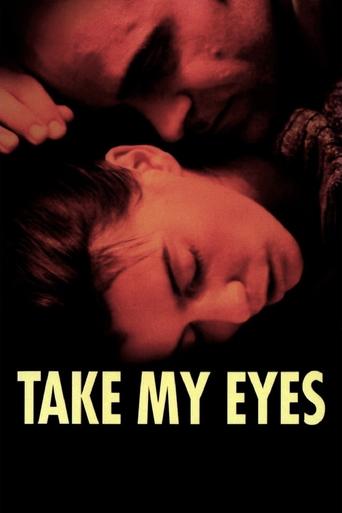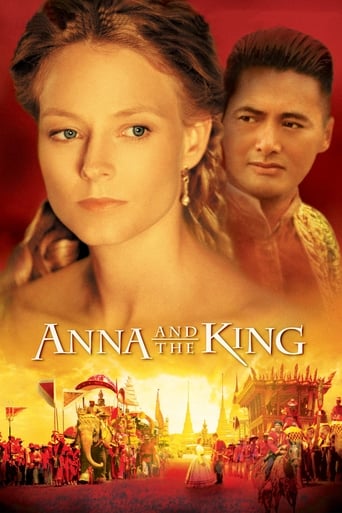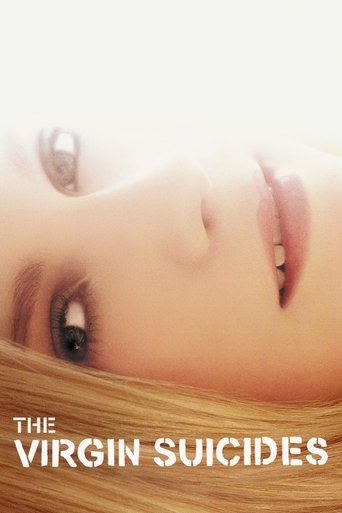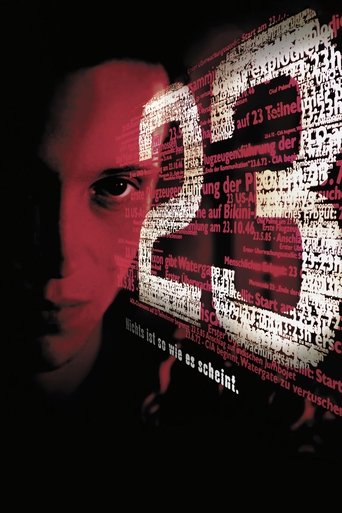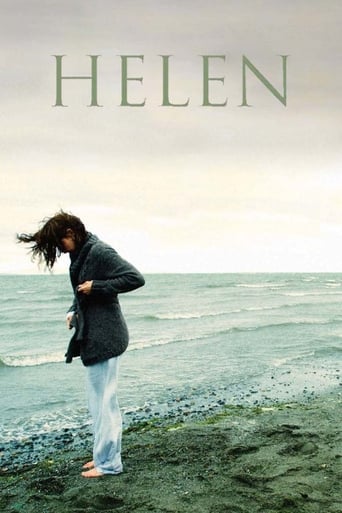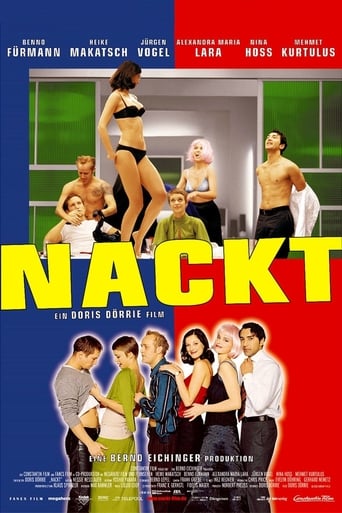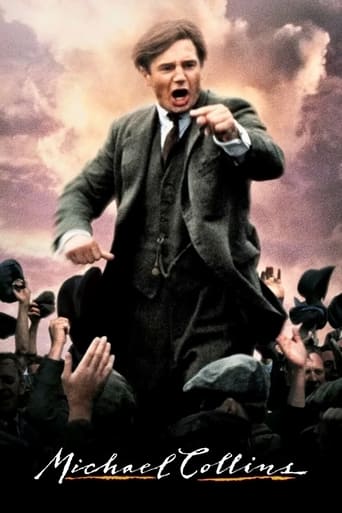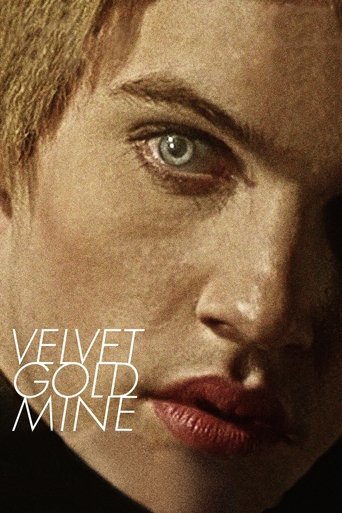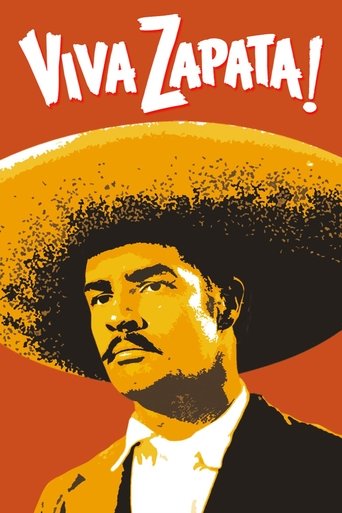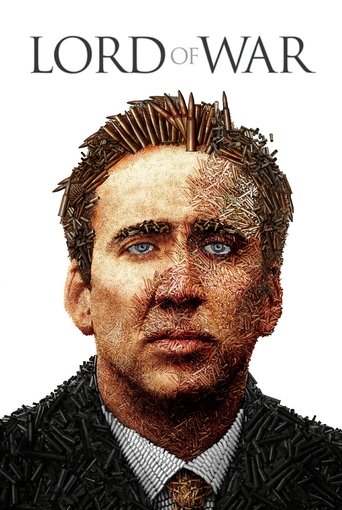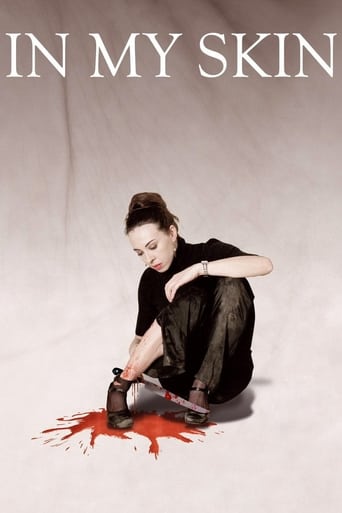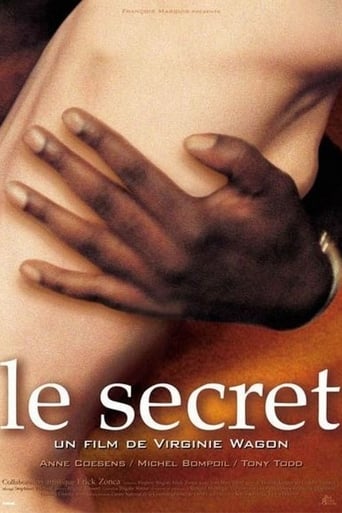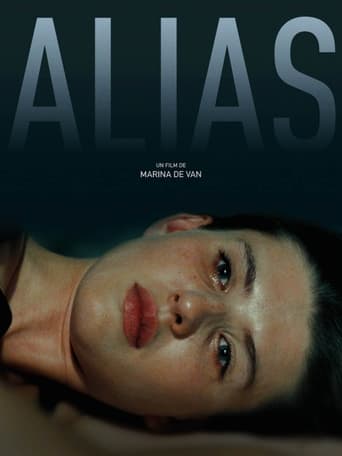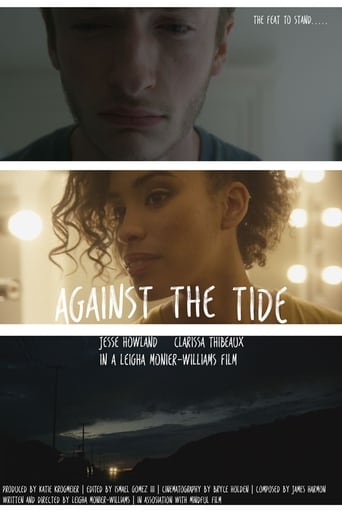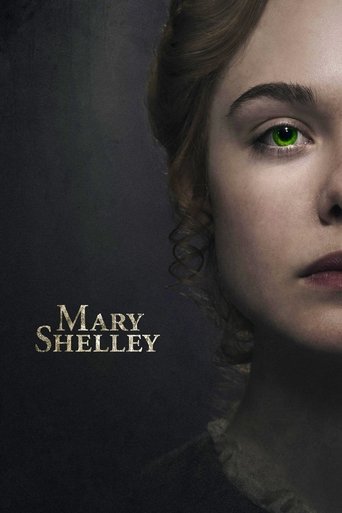
Mary Shelley (2017)
The love affair between poet Percy Shelley and Mary Wollstonecraft Godwin resulted in the creation of an immortal novel, “Frankenstein; or, The Modern Prometheus.”
- Haifaa al-Mansour
- Emma Jensen
- Haifaa al-Mansour
Rating: 7.031/10 by 984 users
Alternative Title:
A Storm in the Stars - US
메리 셸리: 프랑켄슈타인의 탄생 - KR
瑪麗雪萊 - TW
Country:
Ireland
Luxembourg
United Kingdom
United States of America
Language:
English
Runtime: 02 hour 00 minutes
Budget: $0
Revenue: $0
Plot Keyword: literature, poet, biography, based on true story, prometheus, woman director, 19th century, lord byron, percy shelly
**_I really wanted to hate it!_** > _When I placed my head on my pillow, I did not sleep, nor could I be said to think. My imagination, unbidden, possessed and guided me, gifting the successive images that arose in my mind with a vividness far beyond the usual bounds of reverie. I saw - with shut eyes, but acute mental vision, - I saw the pale student of unhallowed arts kneeling beside the thing he had put together. I saw the hideous phantasm of a man stretched out, and then, on the working of some powerful engine, show signs of life, and stir with an uneasy, half vital motion. Frightful m__ust it be; for supremely frightful would be the effect of any human endeavour to mock the stupendous mechanism of the Creator of the world. His success would terrify the artist; he would rush away from his odious handywork, horror-stricken. He would hope that, left to itself, the slight spark of life which he had communicated would fade; that this thing, which had received such imperfect animation, would subside into dead matter; and he might sleep in the belief that the silence of the grave would quench for ever the transient existence of the hideous corpse which he had looked upon as the cradle of life. He sleeps; but he is awakened; he opens his eyes; behold the horrid thing stands at his bedside, opening his curtains, and looking on him with yellow, watery, but speculative eyes._ - Mary Shelley; "Introduction" to the 1831 Revised Edition of _Frankenstein; or, The Modern Prometheus_ Watching _Mary Shelley_ was a curious experience. I knew I should hate it, because, although it gets many of the facts right, it gets a massive amount wrong, and thematically, it's a mess. As an English academic by trade, it really should have irritated me no end. Additionally, pretty much everyone I know who has seen it (both academics and non) have loathed it. And I found it very difficult to disagree with any of the criticisms they had. The film is, in places, laughably bad. But for all that, whilst I most certainly didn't love it, nor did I hate it. In fact, I actually liked quite a bit of it. I'm ashamed! Okay. Let's get the basics out of the way. Directed by Haifaa Al-Mansour (_Wadjda_), and written by Emma Jenson (Al-Mansour is credited with "additional writing"), the film bills itself as the true story behind the composition of Mary Shelley's (Elle Fanning) first (and best) novel, _Frankenstein_ (1818), with the poster proclaiming, "_Her greatest love inspired her darkest creation_". This is essentially false advertising; of the two hour run-time, the writing of the novel takes up roughly twenty minutes of the last half hour. Instead, the film is a fairly insipid love story, beginning shortly before the first meeting of Mary Wollstonecraft Godwin and Percy Bysshe Shelley (Douglas Booth) in 1812, and culminating in 1819, after the initial anonymous publication of _Frankenstein_. As a love story, the film's main focus is, obviously, the ebb and flow of the relationship between Mary and Shelley. With this as the organising principle, and Mary herself as the lynch-pin to the whole endeavour, many of the main events in those seven years are covered; Mary's stay in Scotland with William Baxter (Owen Richards), where she first met Shelley; her difficult relationship with her father, William Godwin (Stephen Dillane); Shelley's unexpected arrival in London at Godwin's invitation; the collapse of Shelley's marriage to Harriet Westbrook (Ciara Charteris); the antagonism between Mary and her stepmother, Mary Jane Clairmont (Joanne Froggatt); Mary's attempts to escape the shadow cast by her deceased mother, Mary Wollstonecraft, author of the mildly influential _A Vindication of the Rights of Woman: with Strictures on Political and Moral Subjects_ (1792); her close friendship with her stepsister, Claire Clairmont (Bel Powley); the elopement of Mary, Claire, and Shelley, and their constant struggle with debt; Shelley's concepts of "free love"; the death of Mary and Shelley's first child; the summer of 1816 in Geneva, when she and Shelly stayed with the "_mad, bad, and dangerous to know_" (to quote Lady Caroline Lamb's famous description) Lord Byron (Tom Sturridge); Mary's friendship with Dr. John Polidori (Ben Hardy) and the tragedy concerning his short story, "The Vampyre: A Tale" (1819); and, ultimately, Mary's composition of _Frankenstein_. The overarching A-B-C is all present and accounted for, but, within that reasonably accurate framework, there are a huge number of omissions, inaccuracies, and unwelcome interpolations. For everything the film gets right, it gets so much more wrong. For example, although it correctly shows that Shelley was of the opinion that Mary and Thomas Hogg (Jack Hickey) should become lovers, it fails to acknowledge that Mary herself wasn't entirely opposed to the idea, and was actually good friends with Hogg, whom she often confided in. Upon the death of her first child, she wrote to Hogg, > _My dearest Hogg my baby is dead-will you come to see me as soon as you can. I wish to see you-It was perfectly well when I went to bed - I awoke in the night to give it suck it appeared to be_ sleeping _so quietly that I would not awake it. It was dead then, but we did not find that out till morning - from its appearance it evidently died of convulsions - Will you come - you are so calm a creature & Shelley is afraid of a fever from the milk - for I am no longer a mother now._ In the film, Hogg is a lech who tries to force himself on Mary. The film also gets it right that Shelley and Mary first expressed their love for one another at her mother's grave, but it shies away from what many scholars believe; that Mary lost her virginity to Shelley on or near the grave. Instead, the film features a dreadful clichéd sex scene in a bedroom bathed in firelight. More romantic? Probably. Historically accurate? Almost certainly not. Another point that's presented fairly accurately is the poor living conditions after Mary, Shelley, and Claire elope, and the fact that they were constantly in debt and frequently had to flee their lodgings in the middle of the night. However, the film fails to depict or even hint at the fact that Shelley and Claire were, for a time, lovers. Finally, although the film correctly depicts many of the details of the summer of 1816, it neglects to show that Mary was taking large quantities of laudanum for pretty much the entire time she was in Geneva. Regarding the performances, first we have Tom Sturridge as Byron. Good lord in heaven! Again the film gets the basics right - Byron was notoriously lavish, flamboyant, and fickle, living a life of excess, even for a Romantic poet, and well known for using and discarding women, and, on occasion, men. However, Sturridge's performance is a thing to behold. He has always tended towards overacting, but his performance here makes Al Pacino's work in Harold Becker's _City Hall_ (1996) look positively catatonic. It's just laughable how bad he is in the role, turning Byron into a cartoon character. Stephen Dillane's Godwin is also problematic. Dillane is an immense actor with an extraordinary range (compare his performances in Antoine Fuqua's _King Arthur_, _Game of Thrones_, and Charlie Brooker's _A Touch of Cloth_), but he plays Godwin identically to how he played Leonard Woolf in Stephen Daldry's _The Hours_ - a put-upon, buttoned-down intellectual, trying not to offend anyone, talented in his own right, but living in the shadow of the greater talents of people he loves. Jane Froggatt plays Clairmont as a wicked stepmother straight out of Disney, with no depth to the character whatsoever. A lot of reviews have heavily criticised Fanning's work as Mary, but I thought she was okay in the role. Not spectacular, but not as bad as I expected. Her accent isn't too bad either (and certainly better than Maisie Williams's ridiculous Scottish brogue). However, one can't help but wonder what Saoirse Ronan would have done in the role, had she chosen to do _Mary Shelley_ instead of Josie Rourke's _Mary, Queen of Scots_ (2018). However, easily the biggest problem with the film, and the one that most of my colleagues and friends have trashed with the most fervour, is the script. First of all, it tries to cover too much, and instead of saying a lot about a few events, it says little of interest about a lot of events. But its biggest flaw is that it reduces one of the greatest love affairs of all time to a series of ridiculous and repetitive petty squabbles that wouldn't be out of place in an episode of _EastEnders_. The film is at pains to impart how empyrean Mary is, presenting her as a character whose soul is infused with the poetry of an era. However, when depicting her squabbles with Shelley, she's reduced to little more than a cipher for her beliefs, as is he in relation to his. As they literally have the exact same argument about five times in the film, and each time, because their characters have been reasonably well defined, the fact that they're arguing about things that they are well aware of makes the whole thing seem ludicrous; it's all about his free love and failure to provide for Mary clashing with her protofeminism and political sensibility. The film essentially gives us a _CliffsNotes_ summary of some of the key texts of the day, including Godwin's _An Enquiry Concerning Political Justice, and its Influence on Morals and Happiness_ (1793), but it completely fails to provide a solid political or philosophical context, with both Mary and Shelley seemingly existing in some kind of intellectual bubble of their own creation. Lastly, the attempt to link passages from _Frankenstein_ to specific events in Mary's life via flashbacks, is horrendous; poorly conceived, and just as poorly executed. However, for all that, I can't hate it. Al-Mansour (the first woman from Saudi Arabia to direct a Hollywood funded movie) directs the film confidently and competently. The period detail is excellent. Amelia Warner's score is rousing in places, Caroline Koener's costumes are well designed, Paki Smith's (_Free Fire_) production design is impressively detailed, and David Ungaro's (_A Prayer Before Dawn_) cinematography is suitably gritty. There are also some fine performances; Booth is pitch-perfect as a frustrated and free-thinking Shelley, and Ben Hardy is superb as Polidori, whose tragedy is unfortunately glossed over far too quickly. So, with all that said, it's not a film I'd recommend unreservedly, but it's not something I'd warn people not to see. In fact, one of the questions I had after watching it was who was it made for; who was the target audience? Academics and people familiar with the events will almost universally hate it, whilst a more mainstream audience used to superhero movies and explosions will find it boring beyond belief. A very curious experience!
Let Mary Shelley fuck on her mum's grave!! Commits the cardinal sin of the entertainment industry: being boring. Moreover, I absolutely did not believe that the relationship between Wollstonecraft Godwin and Shelley was anything of the importance that it appeared to be in real life. I also was kind of hoping for the tale Frankenstein to have more of an inception than "I saw a frog once then years later got drunk and wrote it on a dare", but I guess that's more on me for having expectations. Acting's fine and the old-timey sets look cool, but that's really all I took away from _Mary Shelley_. _Final rating:★★ - Had some things that appeal to me, but a poor finished product._

